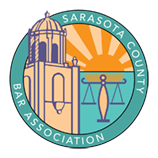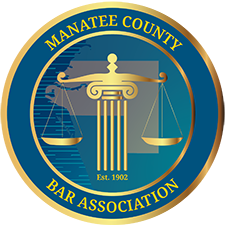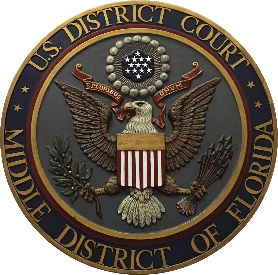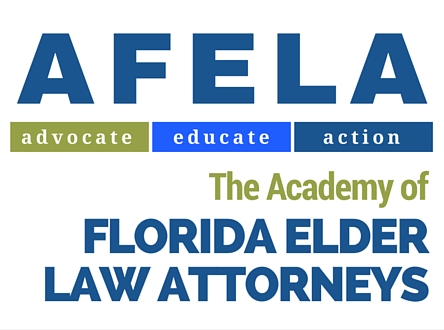Comparing Power of Attorney and Guardianship: Understanding the Distinctions
Power of Attorney and Guardianship are both legal mechanisms that allow someone to make decisions on behalf of another person, but they differ significantly in scope and control. Here’s a breakdown of their differences:
Power of Attorney (POA):
Definition: Power of Attorney is a legal document that grants authority to one person (the “agent” or “attorney-in-fact”) to make specific decisions and act on behalf of another person (the “principal”).
Voluntary: The principal voluntarily designates someone as their agent while they are mentally competent to do so.
Types: There are different types of POAs, including General Power of Attorney (broad authority), Limited or Specific Power of Attorney (narrow authority for specific tasks), and Durable Power of Attorney (remains valid even if the principal becomes incapacitated).
Scope: The authority granted to the agent can be tailored to specific needs, such as handling financial matters, making healthcare decisions, or managing real estate.
Control: The principal retains the right to make decisions independently as long as they are mentally capable. They can also revoke or modify the Power of Attorney at any time.
Guardianship:
Definition: Guardianship is a legal process in which a court appoints a guardian to make decisions and act on behalf of a person (the “ward”) who is deemed incapacitated and unable to make decisions for themselves.
Involuntary: Guardianship is typically sought when an individual is no longer able to make informed decisions due to mental or physical incapacity, and they have not previously appointed a Power of Attorney.
Types: Guardianship can be full (where the guardian has complete authority over the ward’s decisions) or limited (where the guardian has authority only over specific aspects of the ward’s life).
Scope: The guardian can be responsible for personal decisions (e.g., medical care, living arrangements) and/or financial matters, depending on the court’s determination.
Control: The court exercises oversight over the guardian’s actions to protect the interests of the ward. Guardianship remains in effect until the court determines that the ward is no longer incapacitated or, in some cases, until the ward passes away.
In summary, a Power of Attorney is a proactive legal arrangement made by a mentally competent individual to designate someone to act on their behalf, while guardianship is a legal process established by a court for a person who is deemed incapacitated and unable to make decisions independently. POA grants more control and autonomy to the principal, whereas guardianship involves court oversight and is typically involuntary. It’s crucial to consider both options carefully and seek legal advice to determine the most appropriate approach for individual circumstances.
If you’re still uncertain about the distinctions between Power of Attorney and Guardianship or if you’re ready to create a comprehensive estate plan, our experienced estate planning team is here to assist you. With years of expertise in the field, we can provide guidance through the decision-making process for all aspects of your estate plan. Feel free to reach out to us for personalized support and assistance. Call 941-914-9145 to fill out our contact form and we will be in touch to schedule a meeting.






